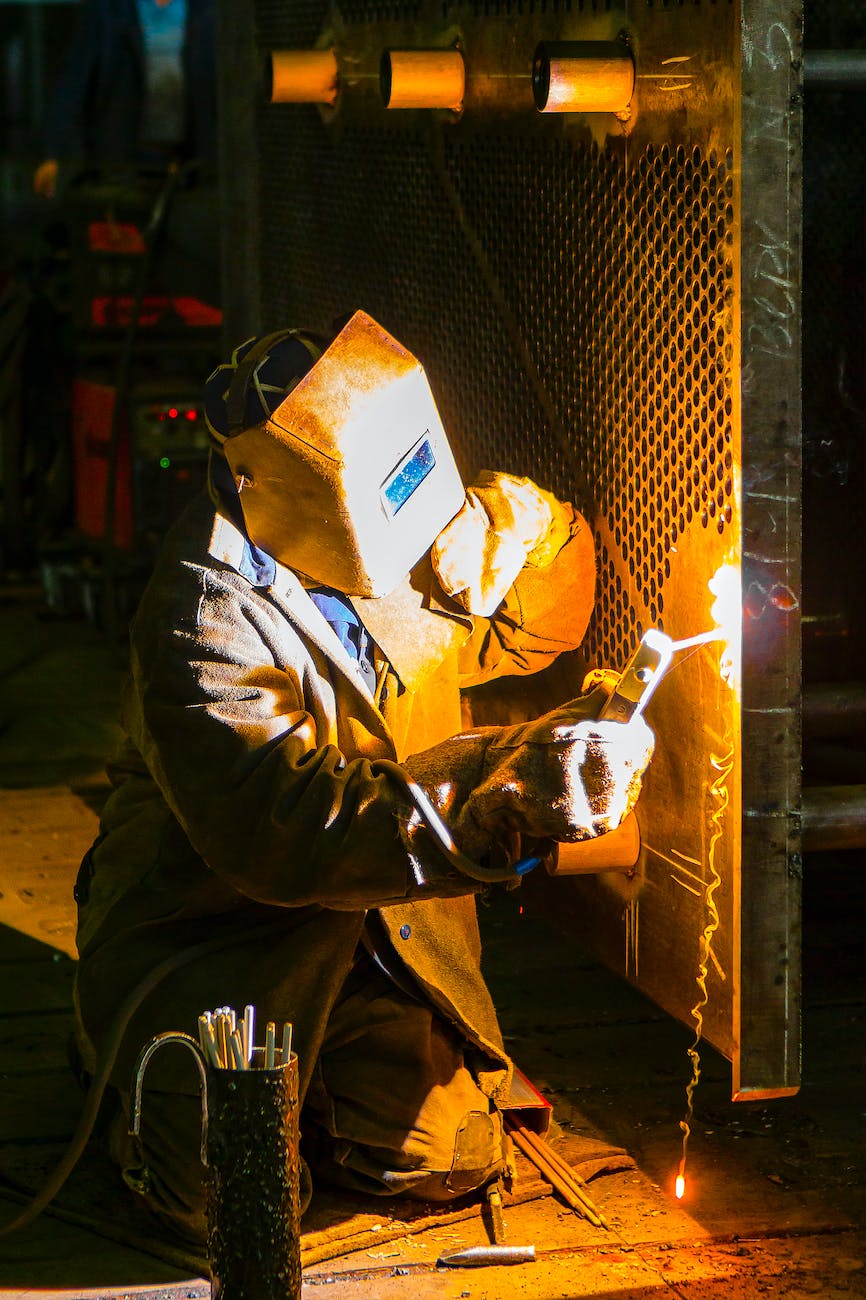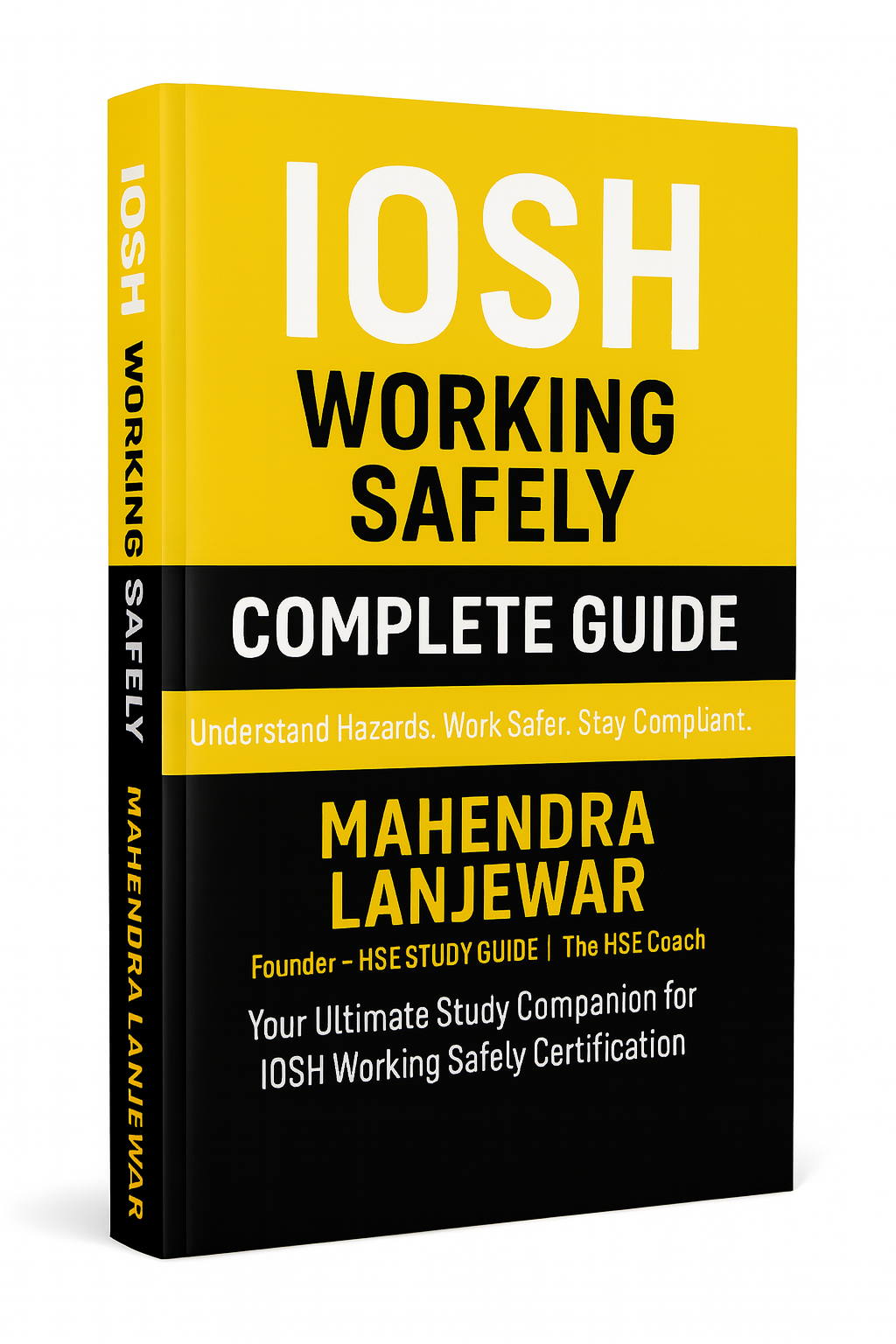
Hot Work Safety Toolbox Talk
What is Hot Work?
A work involved spark or ignition is called hot work.
NAKED FLAME
It means a flame that is out and under open condition or uncovered is considered a naked flame.
NAKED FLAME – CONTROLS
Continuous gas monitoring
Face shields
Fire detection inhibits
Screen off area
Fire retardant blanket
Fire-resistant tent / curtain
Fire watcher
Pressurized fire water hose
Good housekeeping
Welder’s suit / apron / gloves
HAZARDOUS AREAS – CLASSIFICATION

Fire Types and Choosing Fire Extinguisher

NEVER
Cut or weld in an area with oily rags, dust, or other combustible material nearby.
Weld in an area unless other workers have a welding screen to protect them from the welding arc.
Wear clothes of synthetic fabrics.
Assist anyone cutting or welding unless you are wearing eye protection.
Leave your area of work without notifying others of the burn hazard.
Work on equipment that is not earthed.
Weld or cut hot tanks or pipes without proper precautions.
Run welding leads and burning hoses through doorways.
Attempt to transfer compressed gas from one cylinder to another.
Use valve protection caps to lift cylinders
ALWAYS
Wear proper clothing.
Wear eye protection.
Protect other workers from flashes.
Have adequate fire extinguishers readily available.
Provide fire watcher if needed.
Remove combustible materials from the vicinity of cutting and welding operations.
Secure all connections, couplings, and fittings in your work location.
Inspect equipment before use.
Contain sparks and slag created by welding or burning operations.
Protect welding leads and burning hoses by covering or suspending them.
Store gas cylinders upright with the valve end cap
Clear debris from the work area after work is completed.
I hope, you understand about the Hot Work Safety Toolbox Talk.
If you like this post don’t forget to comment below.
Thanks & Regards,
HSE STUDY GUIDE
























